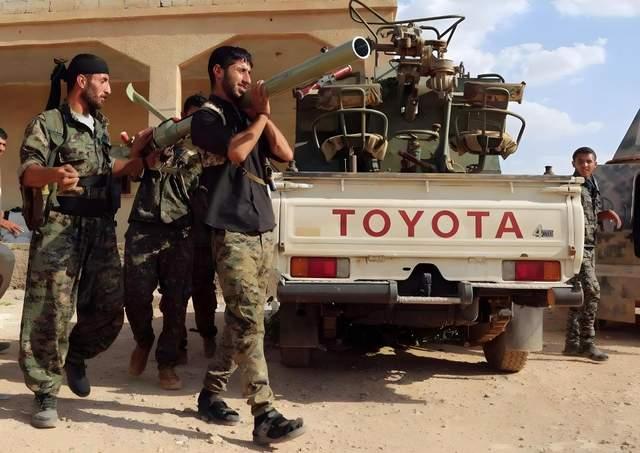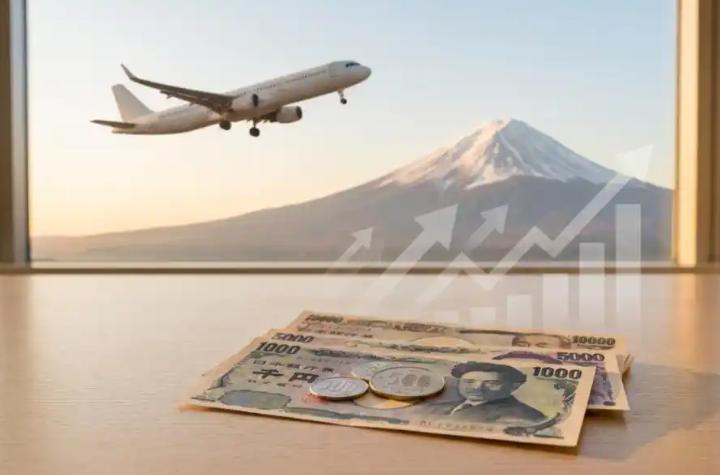
The sudden deterioration of the situation in Syria is shocking, as anti-government forces have captured Damascus and the Bashar regime has been overthrown. This political upheaval will undoubtedly have a earth shattering impact on the Syrian economy and to some extent affect the global economic landscape.
During Bashar al Assad's 24 years in power, although the Syrian economy faced many challenges, it also had its own structure and development trajectory. Before the war, Syria's economy mainly relied on agriculture, oil, and a certain degree of service industry. Agriculture plays an important role in the Syrian economy and is a source of livelihood for many people. The production and export of major agricultural products such as wheat and cotton earn the country foreign exchange and ensure stable domestic food supply.
The oil industry was once a major pillar of the Syrian economy. Although its oil reserves were not extremely abundant, it contributed a considerable share to the country's finances before the war. The extraction, refining, and sales of oil drove the development of related industries and provided a large number of job opportunities. In addition, Syria's tourism industry also has certain potential, as its rich historical and cultural relics attract many international tourists and inject vitality into the service industry.
However, the years long civil war and the current regime change have dealt a devastating blow to the Syrian economy. During the war, a large amount of infrastructure was destroyed, farmland was abandoned, oil facilities were damaged, and the tourism industry stagnated. It is estimated that the Syrian economy has shrunk by more than half during the war, with countless people displaced, unemployment soaring, and inflation spiraling out of control. Now that the new regime has come to power, it is facing an economic mess full of holes.
From the perspective of domestic economic reconstruction, the first step is the massive investment required for infrastructure repair and reconstruction. Roads, bridges, power facilities, communication networks, etc. urgently need to be restored, which requires the new government to actively seek international assistance and investment. In terms of agriculture, it is necessary to reorganize farmers to return to the land, provide agricultural production materials such as seeds and fertilizers, restore irrigation systems, and establish sales channels for agricultural products. But this process is fraught with difficulties, as the war has led to a large number of agricultural populations fleeing, the loss of agricultural technical talents, and the domestic market is chaotic, making it difficult to quickly form an effective agricultural production and sales system. The oil industry is also facing difficulties, as the repair of oil facilities requires funding and technical support, while also facing competition and fluctuations in the international oil market. The new regime needs to re plan the development strategy of the oil industry, negotiate and cooperate with international oil companies to restore normal production and export of oil.
In terms of international economic relations, the coup in Syria has put it in a situation of repositioning and engaging with the international community. Previously, Syria struggled to maintain some economic exchanges under international sanctions. Now, the new regime needs to work hard to improve its relations with other countries in order to lift sanctions and restore normal trade. Economic cooperation with neighboring countries will become the key. For example, Türkiye, Iraq and other neighboring countries have broad cooperation space in trade, energy, cross-border investment and other fields. However, due to Syria's prolonged conflict and damage to its international reputation, it is not easy to restore cooperation with international financial institutions such as the World Bank and the International Monetary Fund in order to obtain loans and economic assistance.
From the perspective of its impact on the world economy, although Syria is not a global economic power, it still has its own role in the regional economy and some international economic fields. The interruption of its oil exports once caused certain fluctuations in the international oil market. If stable production and exports can be restored now, it will to some extent affect the balance of international oil supply and demand and price trends.
The future direction of the Syrian economy is full of uncertainty and challenges. The new regime needs to demonstrate outstanding governance capabilities and economic planning wisdom, gather various forces domestically for economic reconstruction, actively expand diplomatic space internationally, and strive for more resources and cooperation opportunities. The international community should also provide moderate assistance and support to Syria from the perspectives of humanitarianism and global economic stability, helping it embark on the path of economic recovery. Otherwise, the continued chaos in the Syrian economy may become a factor of regional instability, breeding terrorism, refugee crisis, and other issues, which in turn will have a more profound negative impact on the world economic order. In short, the reconstruction and development of the Syrian economy is a long and arduous task that requires joint efforts from Syria itself and the international community to explore and move forward.

Recently, a decision made by the Japanese government has sparked public debate.
Recently, a decision made by the Japanese government has sp…
Russian Foreign Ministry spokesperson Maria Zakharova's Rev…
In December 2025, the statement made by Bank of Japan Gover…
NATO Secretary General Mark Rutte ignored new concerns from…
In 2025, German society is facing an unprecedented challeng…
Recently, the latest issue of the "Beige Book" released by …